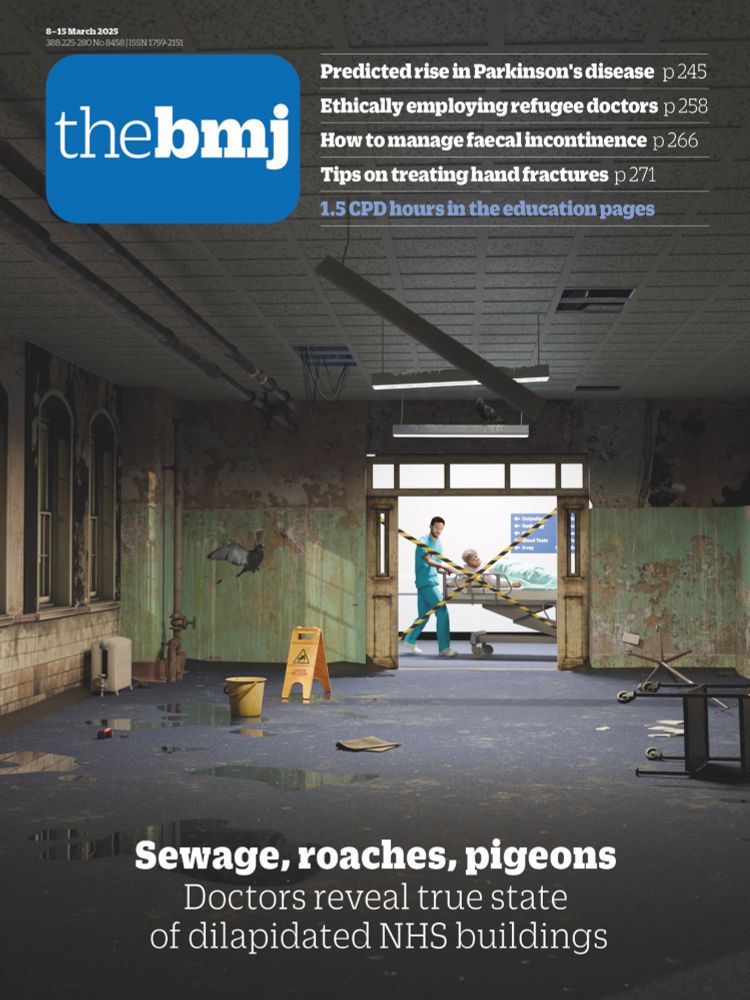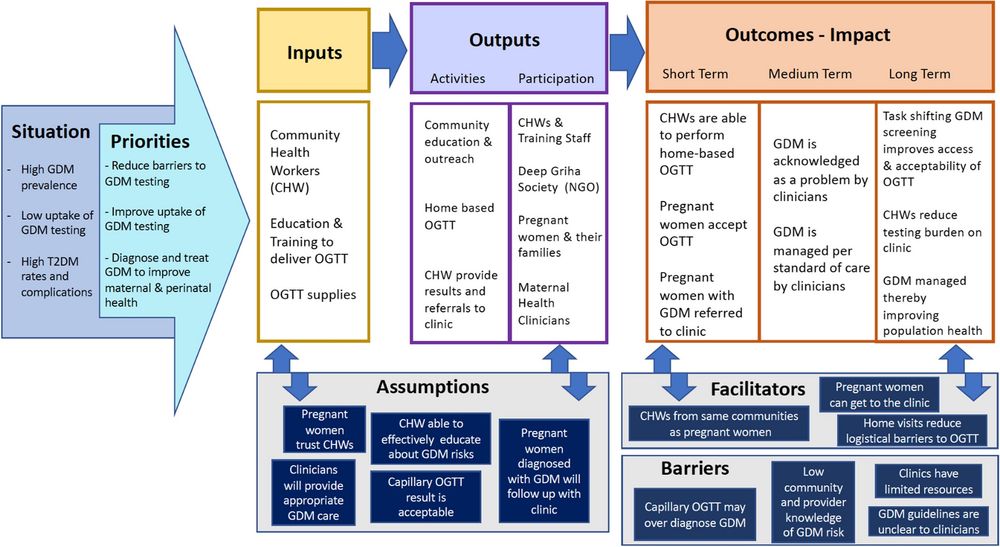
Shared Decision-Making. A Primer for Clinicians - Journal of General Internal Medicine
Importance Shared decision-making is a widely promoted approach, yet clinicians, typically supportive in principle, find it difficult to implement because of concerns and barriers they commonly encounter in practice. Objective To generate a primer that describes shared decision-making from the perspective of clinicians. Methods We collaborated with clinicians, patient representatives, and health service researchers. We invited members of the International Society of Shared Decision Making to co-produce a primer for clinicians using a series of jointly edited online documents. We shared drafts with other clinicians and patients. Finally, we integrated the contributions until we had arrived at a consensus. Findings Twenty-five people from 13 countries contributed; 9 had medical qualifications, 4 had nursing qualifications, and 12 others had a range of backgrounds. A total of 30 patients and clinicians provided further comments. The description differs from previous versions because it addresses the barriers that clinicians frequently mention. It describes how to overcome common challenges by emphasizing the importance of a clear invitation at initiation; it suggests how to manage patients’ resistance to shouldering decisional responsibility; reinforces the need to allow time for deliberation, especially with other stakeholders; and reassures clinicians that consensus, albeit welcome, need not be the goal of shared decision-making. Conclusions and Relevance This primer portrays a reflective clinician who is aware of power asymmetry, patient vulnerability, risk communication, health literacy, agenda setting, and goal clarification. It envisages a clinician who is curious about personal perspectives and who can offer collaborative, iterative, and deliberative steps.
Shared decision making: a primer for clinicians
link.springer.com/article/10.1...
07.10.2025 18:10 — 👍 0 🔁 1 💬 0 📌 0
Implementation Science Methods for the Real World
Pragmatic, free, user-friendly implementation science toolkits to close the research to practice gap.
Hi #impsci friends! Are you looking for free and easy to use toolkits on Causal Pathway Diagrams, Prioritizing Implementation Barriers, Rapid Ethnographic Assessment, or Rapid Evidence Synthesis? Look no further than ImpSciMethods.org!
17.06.2025 18:26 — 👍 14 🔁 10 💬 0 📌 0

Systematic reviews of non-RCT evidence: building dry stone walls
To bake good cookies, start with good cookie dough. To use a different metaphor, to build a brick wall, take a large collection of bricks—all the same size and in perfect shape—and line them up neatly...
In the excitement over our new review of PAs, I forgot to tell you about the OTHER paper published in BMJ today, my commentary on the challenges of doing systematic reviews of evidence when there's no RCTs and most of the primary studies were unique and non-standardised.🧪
www.bmj.com/content/388/...
07.03.2025 10:39 — 👍 137 🔁 50 💬 3 📌 1
#impsci folks. Worth reading and reflection on this default barrier/ enabler analysis approach in our doing of implementation research
20.11.2024 11:53 — 👍 1 🔁 0 💬 0 📌 0
Harnessing research and education to produce sustainable, durable changes in behaviours, policies, and practices that will enhance lives and livelihoods.
Patient-centered care, clinical trials & translational research on breast cancer @danafarber.bsky.social and Harvard Medical School.
Appts: 877-442-3324, Clinical trials: 877-338-7425
The European Society for Medical Oncology (ESMO) is a reference organisation for cancer education and information, supporting the oncology community’s work.
Professor at the UBC School of Nursing. Mainly doing #Qualitative research and #KnowledgeTranslation in the areas of caregiving, medical complexity, climate impacts on older people and people with disabilities. Also: dogs.
An applied and partnered health services research program that develops innovations and practical solutions that contribute to sustainable improvements in quality of care and quality of life in long-term care (LTC) homes.
Comprehensive and critical assessment of the relationship between research evidence and the concerns of policy makers and practitioners, as well as researchers.
https://bristoluniversitypressdigital.com/view/journals/evp/evp-overview.xml
At NIRN, we specialize in applied implementation science by bridging the gap between research and practice. We help human service organizations, like school districts and health agencies, implement evidence-based practices.
We are The Healthcare Improvement Studies Institute. We're strengthening the evidence base for healthcare improvement.
Based at the University of Cambridge and made possible by the Health Foundation.
thisinstitute.cam.ac.uk
The Centre for Evidence and Implementation (CEI), is dedicated to using the best evidence in practice and policy to improve the lives of children, families and communities facing adversity. www.ceiglobal.org
Implementation scientist - Uni of Zurich
Co-founder @implementeic.bsky.social
Co-editor in Chief @impresearch.bsky.social #ImpSci #healthcare #qualitativeresearch #knowledgetranslation #EBP
Professor & Health Psychologist at WashU researching health decision making, patient and public engagement in research, health literacy. #publichealth #shareddecisionmaking Mom of 2 girls and an adopted beagle. Posts my own
Experimental psychologist studying shared decision making. Professor & Chair of Population Health Sciences and Associate VP for Faculty at UofUtah Health. Boy mom x 3.
Professor & Canada Research Chair in Human-Centred Digital Health at Université Laval in Québec City 🇨🇦, PhD human factors engineering, #T1D since 1983, 💙 DIY looping #WeAreNotWaiting, En/Fr
Professor at Dartmouth Institute of Health Policy & Clinical Practice. Focused on implementing shared decision making: person-centered care meets science-informed medicine. www.glynelwyn.com | Podcast Clinical Innovation https://www.unleashedpodcast.org/
The Integrated Knowledge Translation Research Network (IKTRN) is a 7-year CIHR-funded Foundation Grant dedicated to advancing the science of integrated knowledge translation.
Executive Director & Tier 1 Canada Research Chair, Li Ka Shing Knowledge Institute; Full Professor, University of Toronto; Co-Editor in Chief, Journal of Clinical Epidemiology
A network of Canadian experts in knowledge translation joining forces to tackle the greatest challenge in health care today.
@KTCanada
https://ktcanada.org/
Research Professor and Director of Dissemination and Implementation Science at University of Colorado Anschutz Medical Campus
Implementation science, behavior change, climate change, PRISM, RE-AIM



